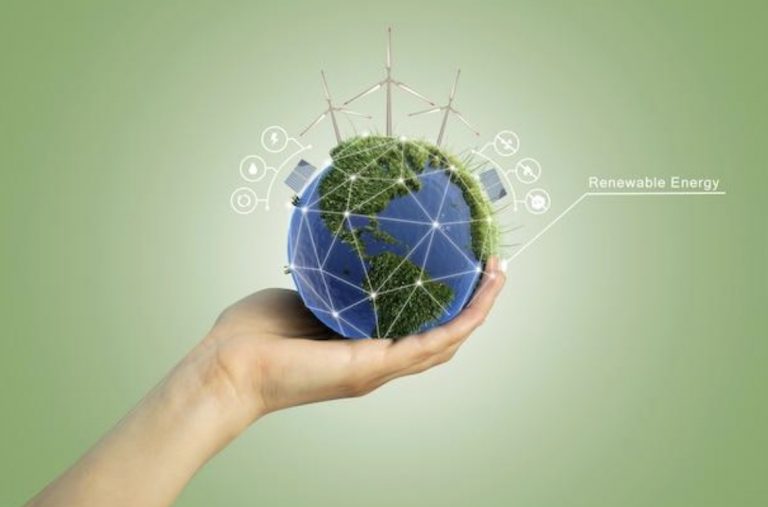Global energy consumption is on the increase and will soon surpass the current infrastructure and energy-producing capacity. The world’s population is predicted to increase to 9.8 billion people by 2050, and significant industrialization and urbanisation have led to a growing demand for energy across the world.
One of the main issues we are facing now is the provision of clean and sustainable energy. What makes energy sustainability important? Of course, governments, organisations, companies, and people are all talking about this a lot these days.
Story Stages
What does sustainable energy mean?
The term “sustainable energy” refers to energy sources that are both currently and in the future accessible for the survival of all species. It is unlikely that this kind of energy will run out within a time frame relevant to humans. Sustainable energy is comparable to a renewable energy source in that it can be refilled or restored to satisfy the demands of current generations without giving in to those of future generations.
Sustainable energy includes all forms of renewable energy, such as biomass, geothermal, wave, tidal, wind, and hydroelectric power.
How can renewable energy be a solution for the future?
As human civilizations have developed and operated over time, there has been a noticeable increase in the consumption of energy. Most of our energy needs and electrical supplies are satisfied by fossil fuels. Among these, coal has become vitally important, and its use is ever-increasing.
Fossil fuels, despite being nonrenewable resources, will eventually run out of supply. Fossil fuel reserves can never meet the energy demands of people in the long run, even with the finding of new reserves and the deployment of cutting-edge exploration methods. In the absence of a fossil fuel substitute, their supplies will ultimately run out.
In addition, reliance on fossil fuels has resulted in disputes, environmental pollution, the oil crisis, and disturbances to the economy globally. Similar to this, the construction of nuclear power stations and the use of nuclear fuels for energy extraction have a negative influence on the environment since they release radioactive materials into the atmosphere.
Renewable or sustainable energy can help resolve the exploitation of fossil fuels and the alarming effects of climate change. With rapid industrial and economic growth in several countries around the world, energy demand is increasing. The world’s energy needs can eventually be satisfied by renewable energy sources, although it could take some time.
Sustainable energy is crucial to our future for several reasons. Several notable ones to elucidate are:
Countries can benefit by producing renewable energy.
To operate wind and solar plants, you need land. Nations with substantial stretches of underutilised land can invest in the construction of renewable energy infrastructure, which will support urbanisation and economic growth. Some regions, including Southeast Asia, which lack the land acreage necessary to support large solar projects, take advantage of their plentiful water resources to construct offshore wind and floating solar farms.
Lessen natural disasters and pollution.
Fossil fuel combustion releases greenhouse gases into the atmosphere that contaminate the air we breathe. Because of the quantity of carbon dioxide that these industries release into the atmosphere, many large cities are unsafe places to live.
As a result, many suffer and lose their lives from respiratory illnesses each year. The use of clean or renewable energy can help salvage all life on Earth. The other major effect of using fossil fuels is climate change. It results in deadly floods and catastrophic droughts.
Renewable energy sources offer consistent income.
With more and more nations supporting sustainable energy, there are plenty of investment opportunities in wind and solar power plants. These initiatives, due to their dependability and minimal risk, are excellent opportunities to invest in for regular returns.
In conclusion, the source of energy will be renewable in the years to come. Because of this, organisations must play a positive role in promoting a future that is more equal and sustainable.
